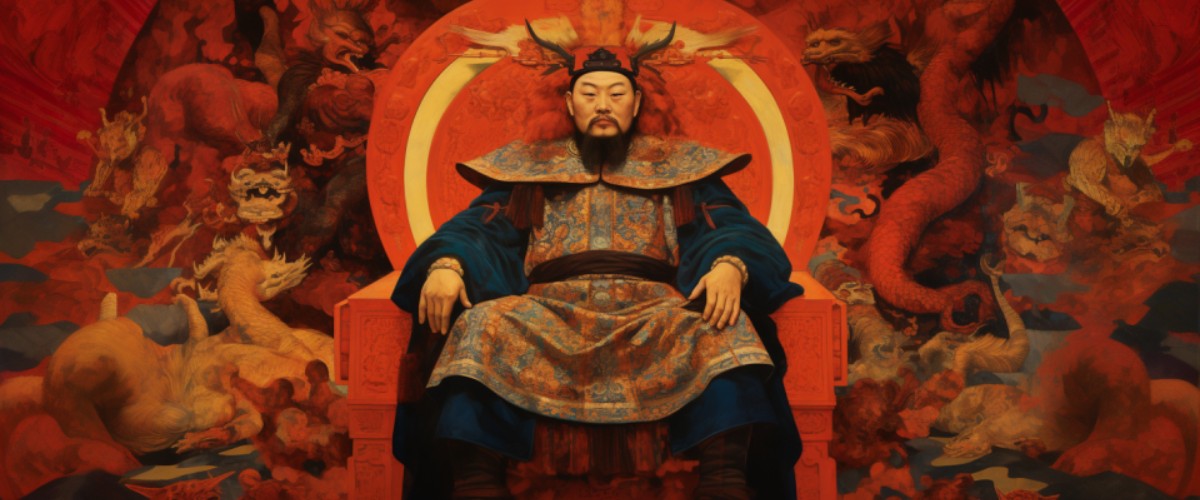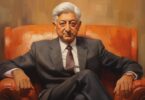Introduction:
Genghis Khan, the founder and first Great Khan of the Mongol Empire, could be considered a “billionaire” of his time, amassing vast territories, riches, and resources.
Early Life:
Born as Temujin in 1162, near the borders of modern-day Mongolia and Siberia, he came from a noble family that was part of the Borjigin tribe. Orphaned and impoverished at a young age, Temujin faced a brutal and unforgiving world that shaped his resilience and ambition.
Conquering Challenges: The Rise of a Warlord
After escaping enslavement and uniting several Mongol tribes, Temujin had his first major breakthrough when he was granted the title of “Genghis Khan,” meaning the universal ruler. This set him on an unprecedented course of conquest that would extend from Asia to Europe, covering approximately 9.27 million square miles.
Major Achievements:
- United the Mongol tribes into one formidable force.
- Implemented the Yassa, a code of laws that instilled discipline and governance across the Mongol Empire.
- Conquered vast territories, including parts of China, Central Asia, Eastern Europe, and the Middle East.
- Developed a highly effective military strategy and organization that incorporated psychological warfare, disciplined military tactics, and state-of-the-art engineering.
- Introduced the postal system, known as the Yam, facilitating communication and governance over the empire.
Controversies/Challenges:
While his achievements are often marveled at, Genghis Khan was also notorious for the ruthless tactics he employed, including mass killings and enslavement. The siege of Nishapur, where hundreds of thousands were reportedly killed, remains one of the most devastating instances of his brutal methodology. Although his conquests brought about unprecedented cultural exchange and commerce, they were often marked by extreme brutality.
Legacy/Current Status:
Genghis Khan’s empire left an indelible mark on the course of history, influencing everything from trade routes to governance. While the empire eventually fragmented, the impact of its rise and rule is studied and discussed to this day. In Mongolia, Genghis Khan is honored as a national hero and the embodiment of Mongolian cultural pride.
Quick Facts:
- At the height of his power, controlled an empire twice the size of the Roman Empire.
- Known for using psychological warfare and sophisticated military tactics.
- Introduced the first international postal system.
- Notable Quote: “The greatest happiness is to scatter your enemy, to drive him before you, to see his cities reduced to ashes, to see those who love him shrouded in tears, and to gather into your bosom his wives and daughters.”
- Did You Know?: The lineage of Genghis Khan is believed to be widespread. According to some genetic studies, roughly 1 in 200 men alive today are direct descendants.
Conclusion:
Genghis Khan was a conqueror whose legacy is as intricate as it is extensive. He was a brilliant strategist, a lawgiver, and a ruler who brought disparate tribes under a single banner. Yet, his methods were often ruthless, raising ethical questions that scholars and ethicists debate to this day. So, was Genghis Khan a hero, a villain, or something much more complex? That’s a treasure trove of questions in itself, worthy of exploration.








